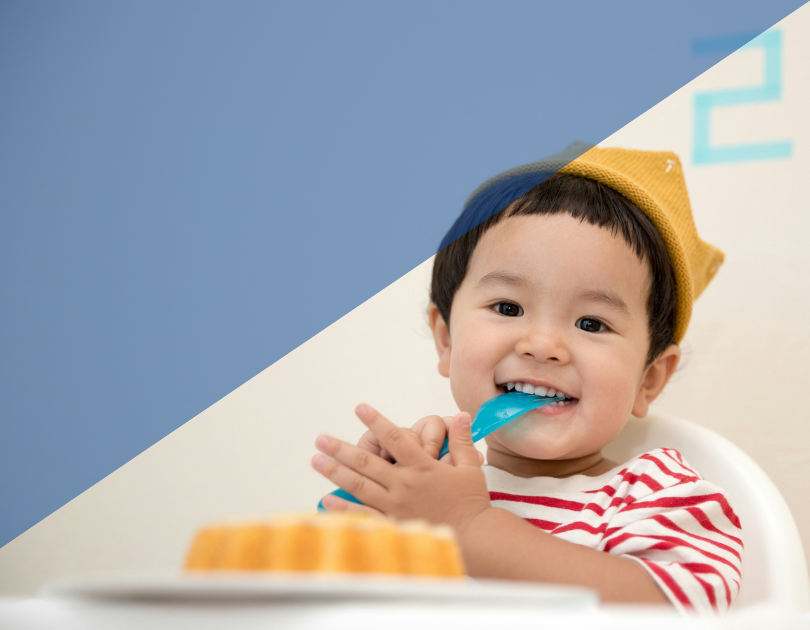Monday, August 25th, 2025

It’s one of the most common questions we hear from patients with little ones: When should I bring my child to the dentist? Is age 2 too late? And how will I know if they’re ready to sit in the chair? The answer is a little nuanced, so we’ll explain the when, why, and how of those first dental visits.
According to the American Academy of Pediatric Dentistry (AAPD), a child’s first dental visit should happen by their first birthday or within six months of their first tooth coming in—whichever comes first.
We like to go a little further and suggest you make an appointment when your child gets their first tooth. This might seem early, especially if your child has only one or two teeth, but there are several important reasons for introducing dental care at this time.
The first visit isn’t just about counting teeth (though we love celebrating those milestones!). It’s about laying the foundation for a healthy, happy relationship with oral care.
Here are a few key benefits of an early dental visit:
The first dental visit is typically short, gentle, and informative. It’s our chance to meet your little one, answer your questions, and begin building trust. Here’s what usually happens:
We make it fun, calm, and full of smiles—with lots of encouragement and reassurance along the way.
Here are a few things you can do to help make your child’s first dental visit a success:
From that very first visit, we’re here to support your family through every stage of dental development. Regular checkups (typically every six months) help us catch issues early, encourage good habits, and make oral health a natural part of your child’s routine.
Every child is different, and we tailor our care to meet their unique needs with warmth, patience, and a gentle touch.
If your child is approaching their first birthday or has just sprouted a new tooth, we’d love to welcome you. Feel free to reach out with questions or to schedule that important first visit. Together, we can help your child smile with confidence for years to come.
The information on this website is for informational purposes only and does not constitute medical advice. It is not intended to be a substitute for professional medical advice, diagnosis, or treatment. Always seek the advice of your physician or other qualified health provider with any questions you may have regarding a medical condition. Never disregard professional medical advice or delay in seeking it because of something you have read on this website.